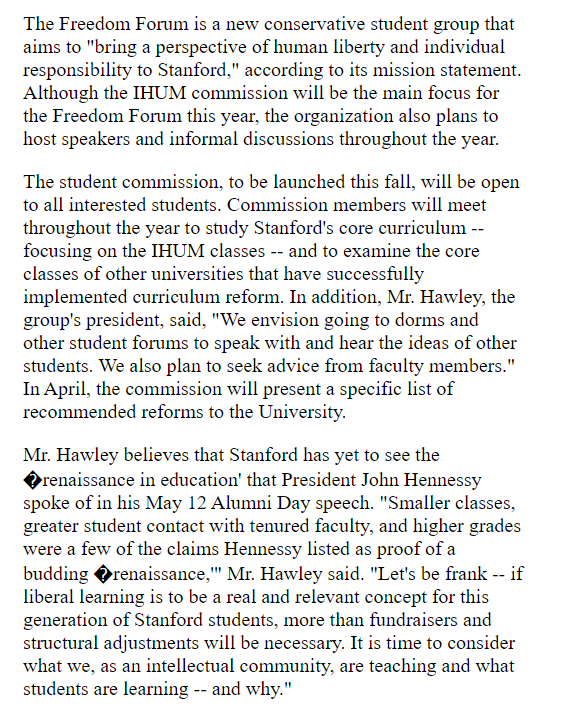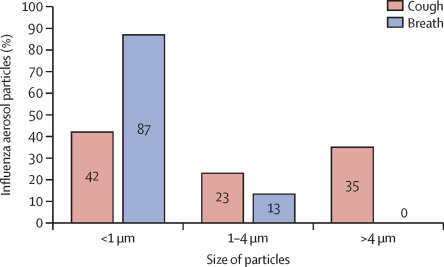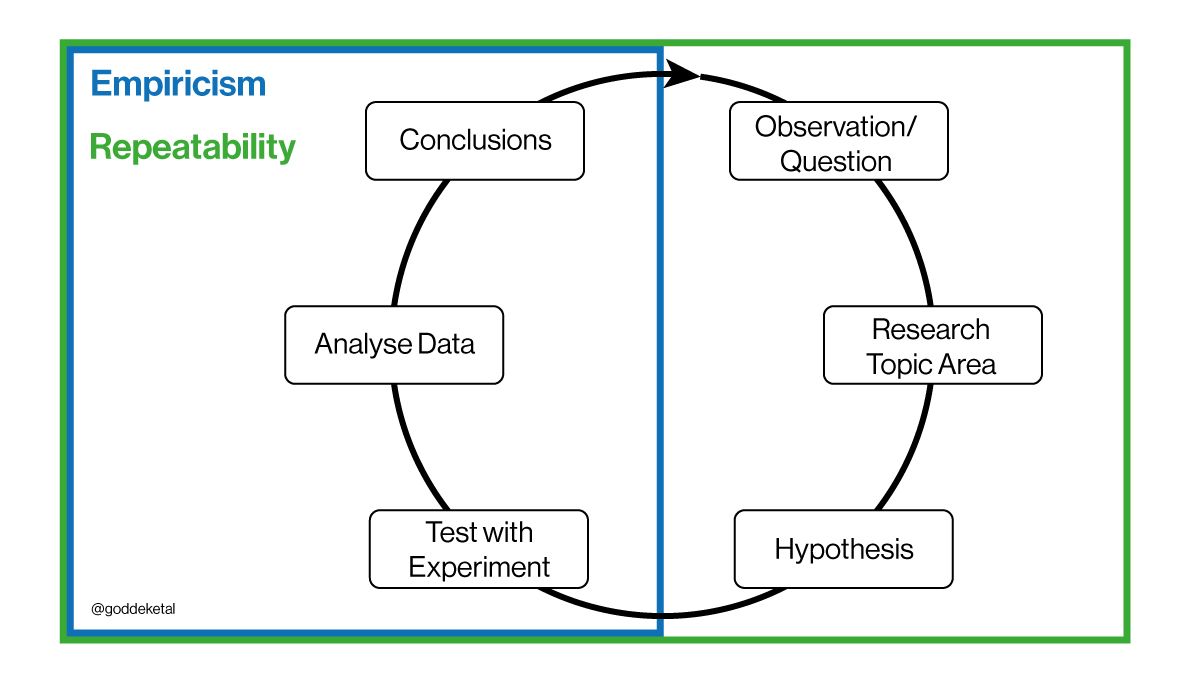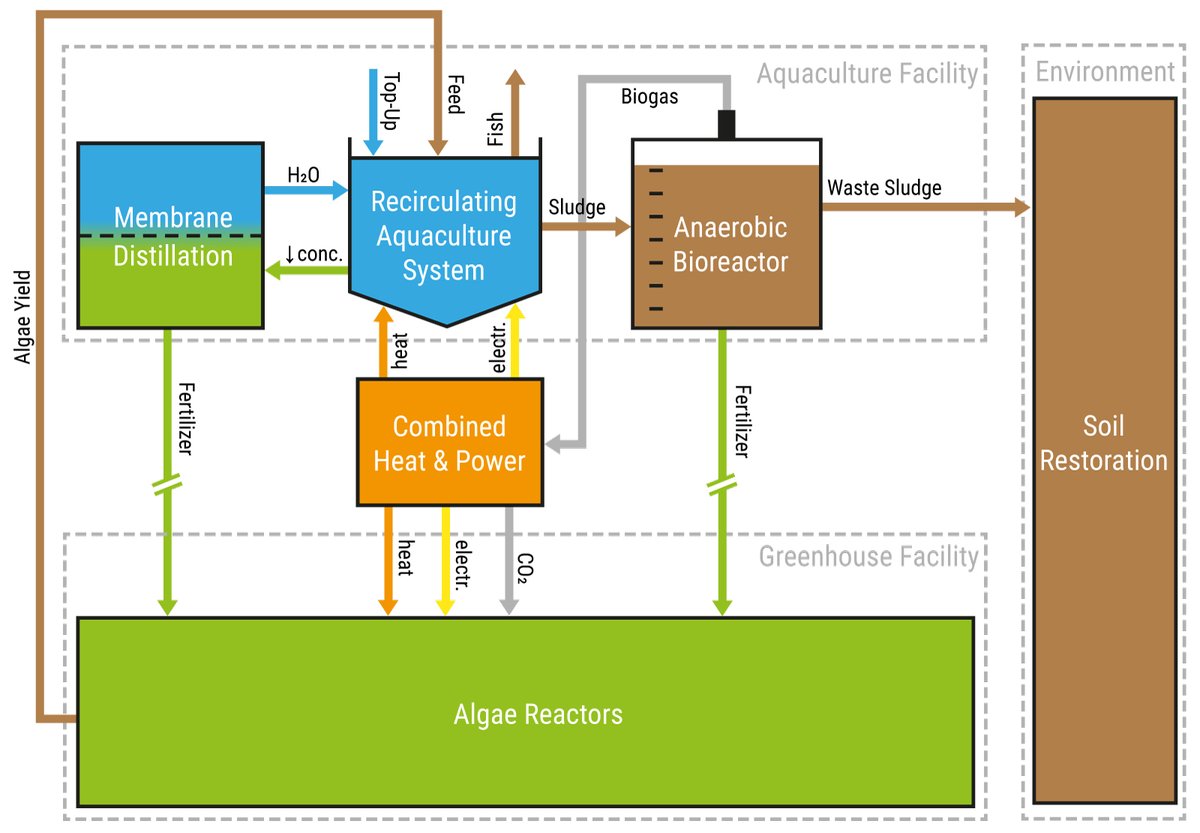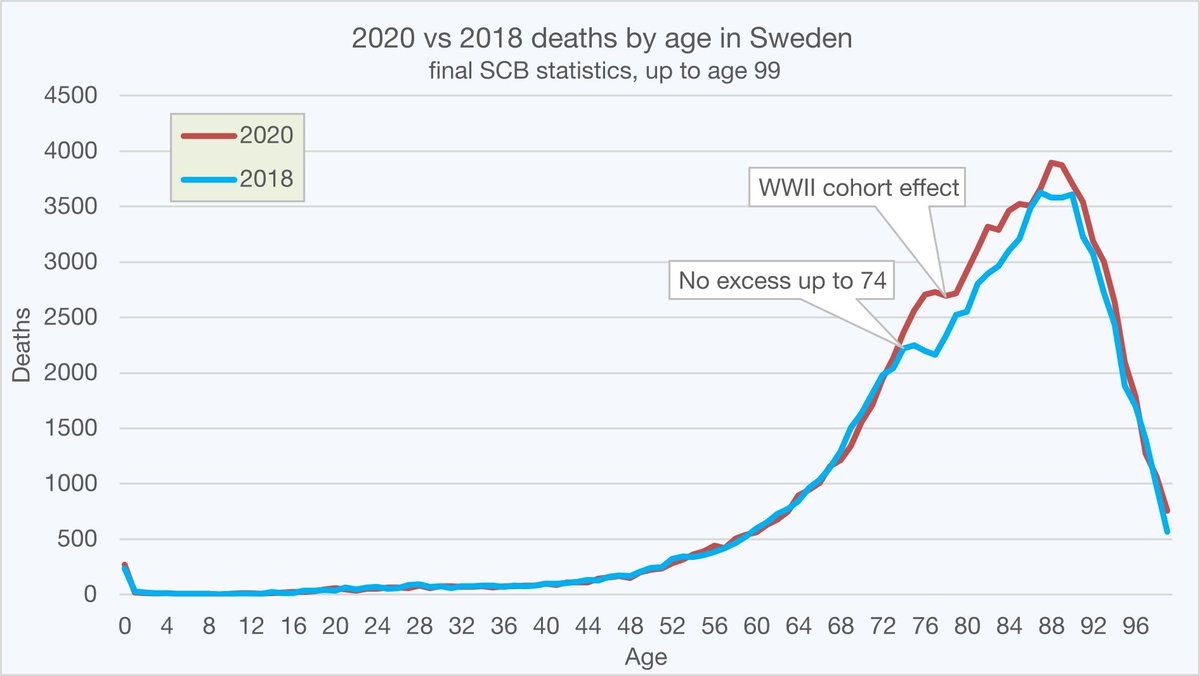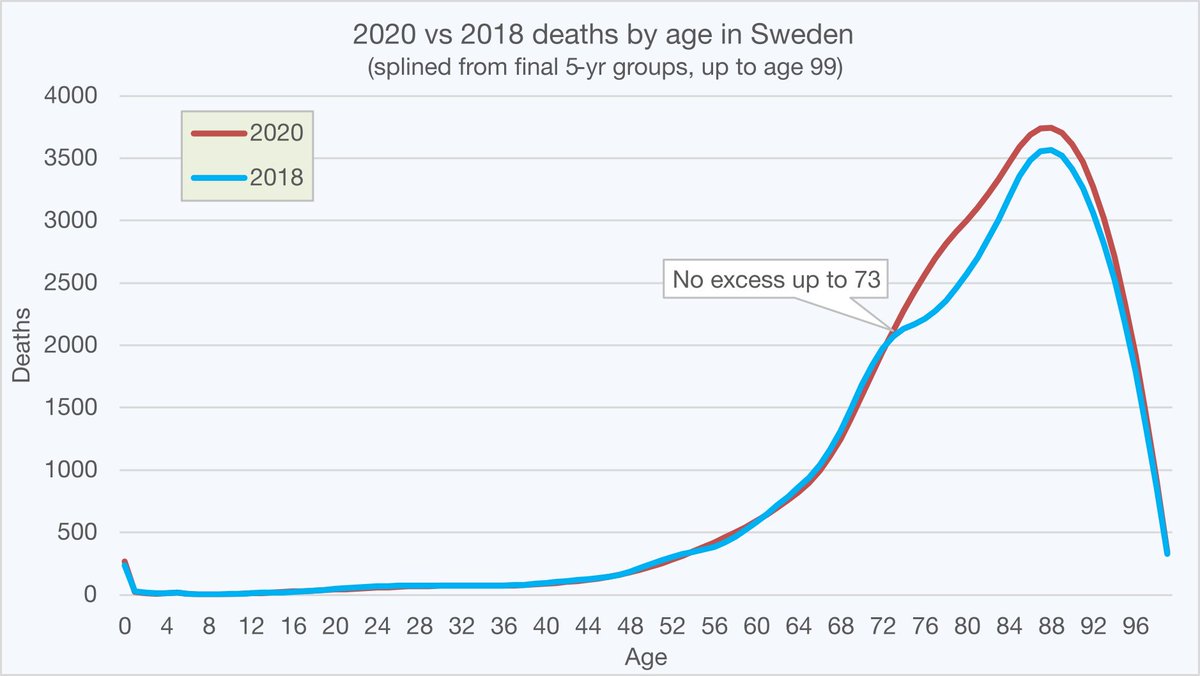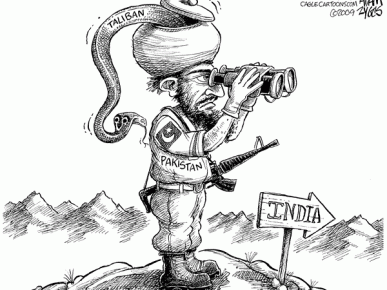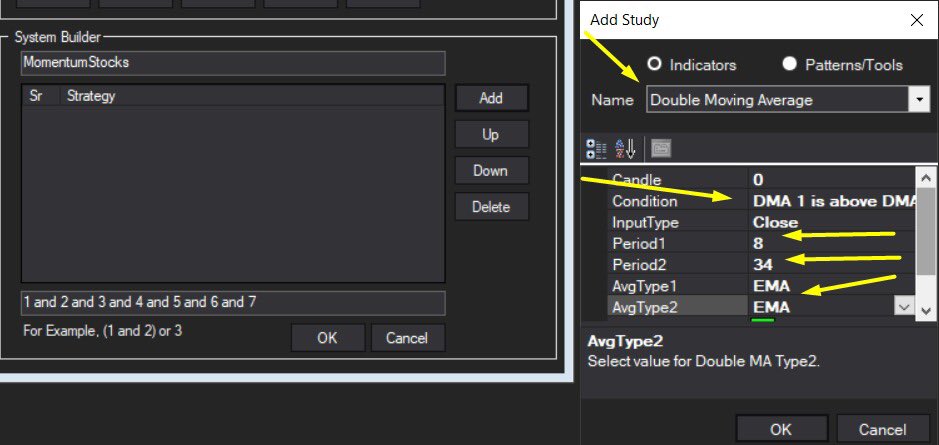https://t.co/eAmtY241ug
They are now saying my tweets are misleading. It's another lie. They are the ones who are misleading, and I will now prove it in this thread. They are lying about the safety of the vaccines:
https://t.co/eAmtY241ug
More from Robin Monotti MA FRSA ⭐
I have already left both Facebook & Instagram. We need to keep agile.
They will try to ban Parler, blaming it for Capitol theatre. I think Telegram may survive as it's not based in the
Yes Telegram owner @durov received & accepted what effectively is an award, not a partnership: the Young Global Leaders membership of the World Economic Forum in 2017. Does this mean he passes users info on? I don't think so.
This is what @Snowden had to say about @durov. Since then Telegram introduced the option of end to end encrypted chats not saved in Telegram servers. These private chats cannot be forwarded, and none of the participants can capture screenshots of
Trust us not to turn over data. Trust us not to read your messages. Trust us not to close your channel. Maybe @Durov is an angel. I hope so! But angels have fallen before. Telegram should have been working to make channels decentralized\u2014meaning outside their control\u2014for years.
— Edward Snowden (@Snowden) December 30, 2017
Lockdowns increase infections because they lower immunity & therefore increase the disease. After hospitals & care homes households account for the largest number of transmissions. Schools/universities act as a break in transmission of the disease. All evidence based.
Transmission does not mean infection. I can transmit SARSCoV2 but I can't transmit Covid19. Whether SARSCoV2 develops at all into mild or severe Covid19 depends entirely on the immune system of the recipient. Early treatment prevents severe Covid19, the right treatment cures it.
"Children act more as a brake on infection," said Prof. Reinhard Berner, the head of pediatric medicine at Dresden University Hospital and leader of the study. "Not every infection that reaches them is passed
Closing schools increases transmission of respiratory viral infection because children act as a break on the community transmission of the virus. We have known this since 1918:
https://t.co/TPRYQ1LAAJ
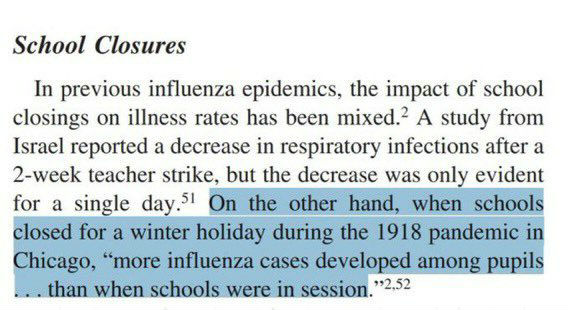
More from Category c19
“15 days to slow the spread” began one year ago. It was March 2020, the Year of the Rat. Never was any year more fitting of the name. Never in history have the people been betrayed so callously, flagrantly and absolutely by their alleged leaders.

2/ They were betrayed by their WHO
3/ and their national health
4/ They were betrayed by medical
Despite ignorance by many in the West, this article by The Lancet is a powerful endorsement of China\u2019s successful pandemic response. Hate to read stories by those paparazzi journalists who are experts at spinning but have little knowledge of science. https://t.co/Q8rKwwTPsI pic.twitter.com/436BEmx9nl
— Chen Weihua \uff08\u9648\u536b\u534e\uff09 (@chenweihua) October 16, 2020
5/ and their peer
6/ Eurosurveillance, a journal whose editors coincidentally includes Mr. Drosten, takes only a single day for the peer review process and publishes the hastily compiled PCR protocol on January 22. https://t.co/cWX3UdKeID
— Pace \U0001f642 (@theotherphilipp) February 25, 2021
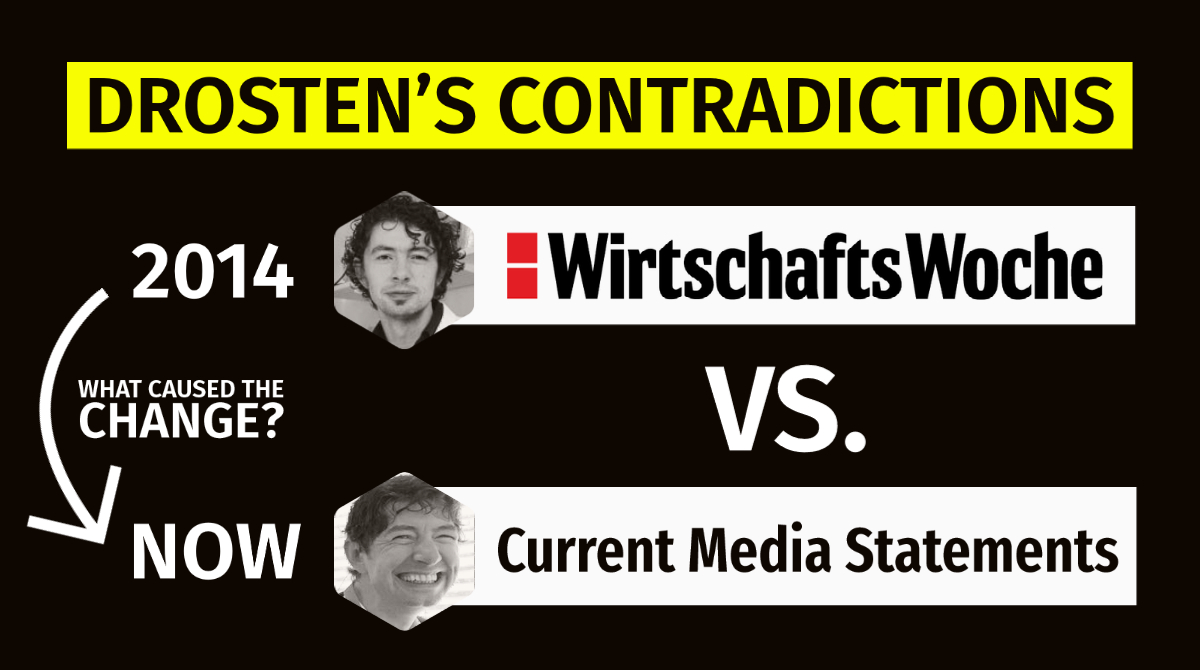
2/: The interview is significant because @c_drosten made totally sane statements back then that follow the principle of common sense. Considering his involvement in the "genesis of the current pandemic", his assertions appear in an entirely different
The genesis of a pandemic.
— Pace \U0001f642 (@theotherphilipp) February 25, 2021
The #Corona crisis began with a panopticon of absurd events, improbable coincidences and outright lies.
Time for a review of the impossibilities.
A thread \U0001f9f5 pic.twitter.com/PLbETVv2p8
3/: In 2014, for instance, washing the hands was sufficient against being infected by coronaviruses. Several years he demands measures that destroy national economies and social life worldwide.
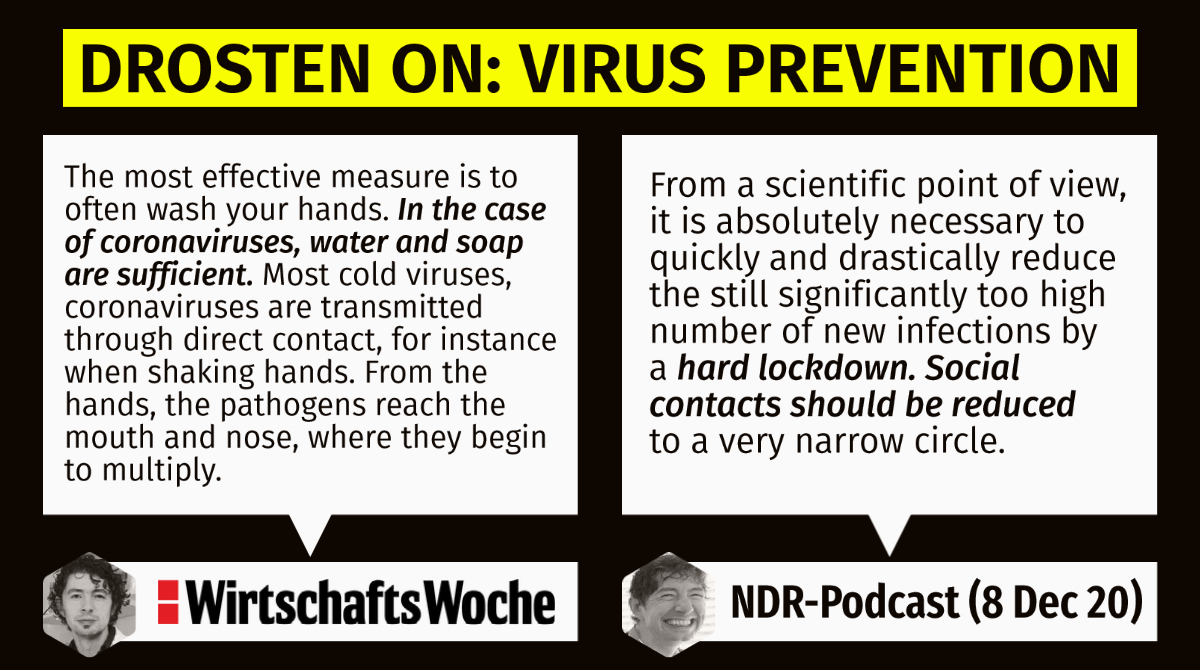
4/: Young @c_drosten also severely criticized the fact that Saudi Arabia used the PCR method to detect potential infections. From his point of view, that specific method could lead to many irrelevant cases. Nowadays, his view shifted his opinion towards 'collective punishment'.
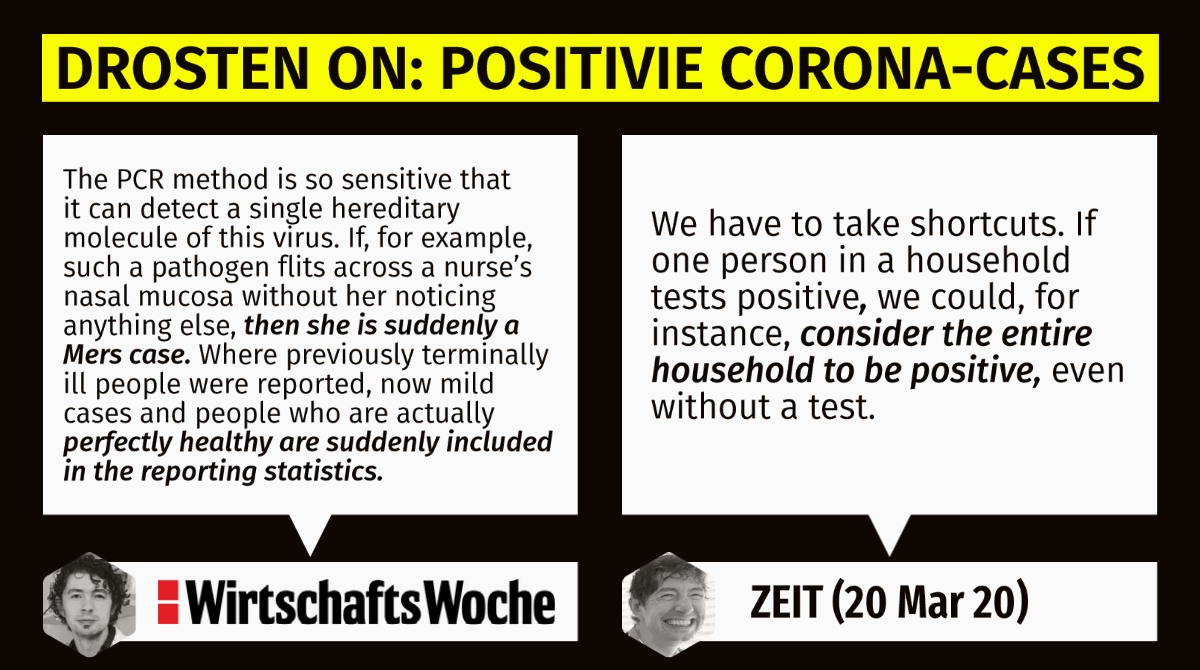
5/: Whereas he demands "testing, testing, testing" nowadays and spreads panic and fear via (social) media, he heavily condemned that behaviour of Saudi media in 2014. On top of that, he expressed his concern that medial panic could increase the number of lab tests significantly.
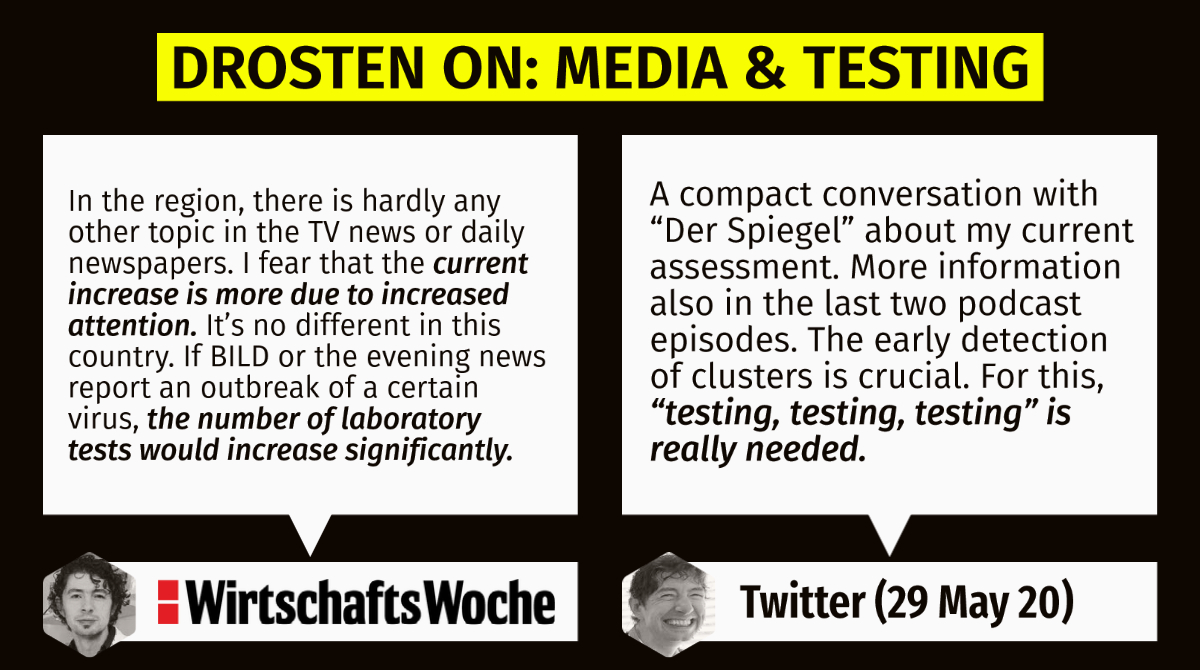
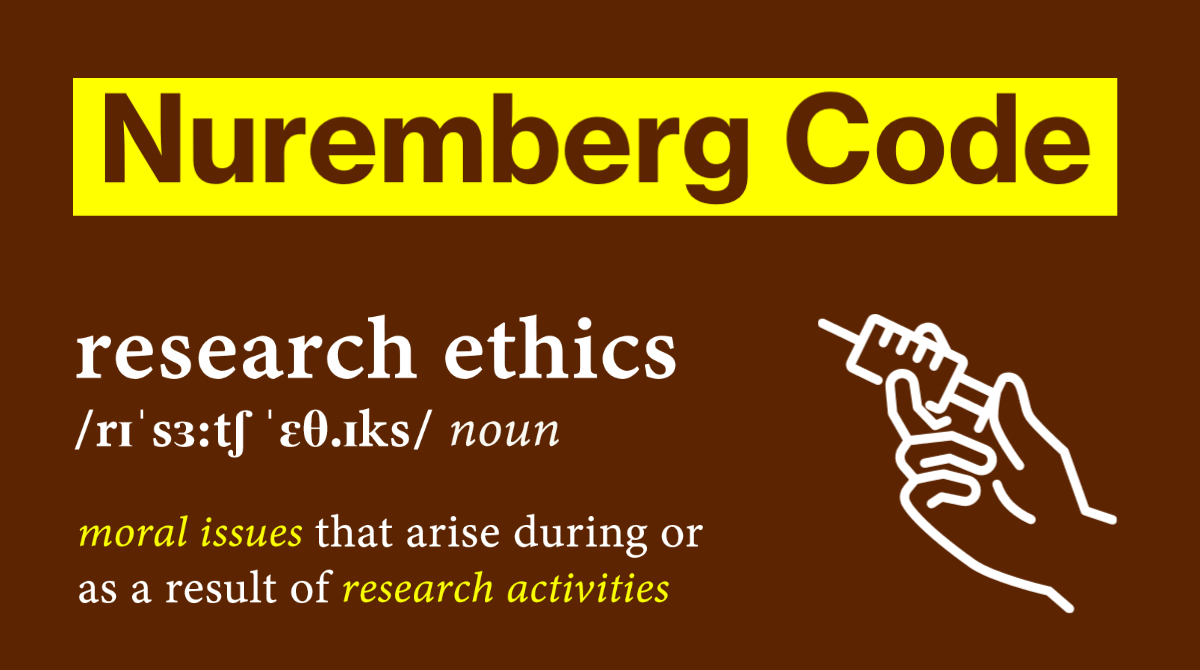
2/: These so-called ‘Doctors’ Trial’ focused on physicians who conducted #inhumane and #unethical human experiments in German concentration camps, in addition to those who were involved in over 3,500,000 sterilizations of German citizens. (the picture shows doctors/criminals)
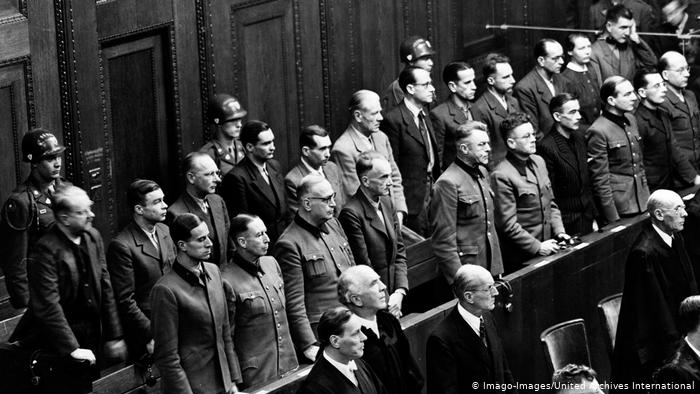
3/: Ten points of the code were given in the section of the verdict entitled "Permissible Medical Experiments". They can be found in detail on the following website:
4/: Point #1 means that the person involved should have legal capacity to give consent; should be so situated as to be able to exercise free power of choice, without the intervention of any element of force, fraud, or deceit.
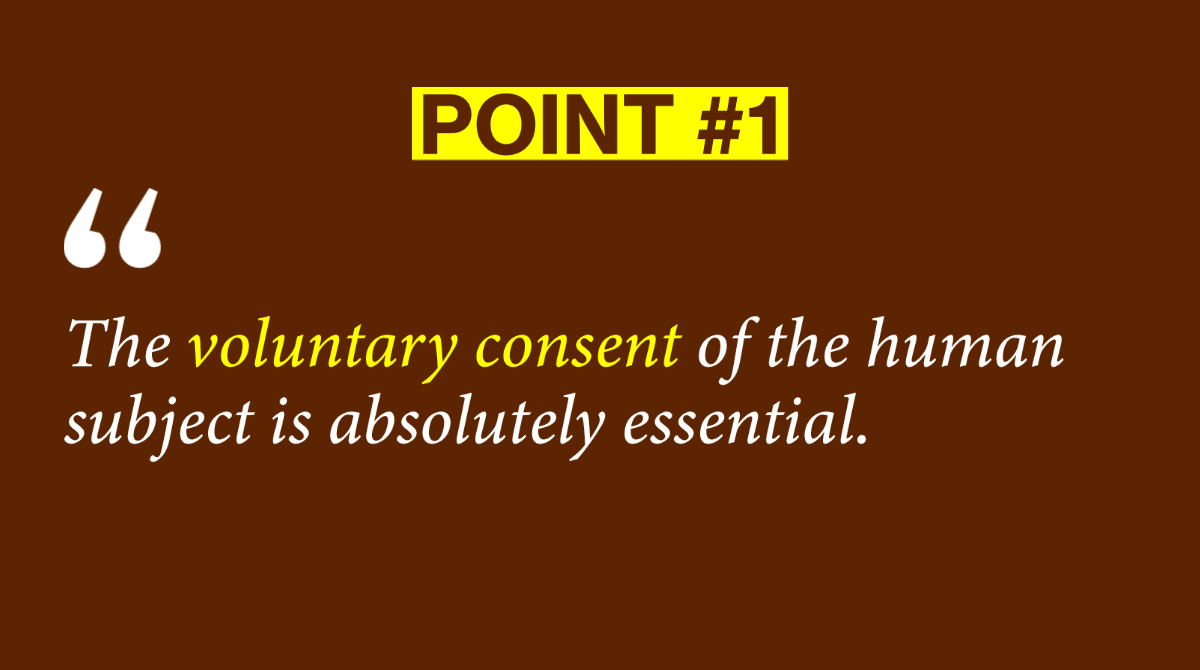
5/: Using an insufficiently-tested vaccine on humans is unethical. However, as long as people voluntarily consent to receive the vaccine, being informed about all risks, everything is OK. Doing this with force, however, is against the Nuremberg Code.
Important - share: Camera footage out of care homes (USA, corrected), provided by @RobertKennedyJr's team. You can clearly see: Collateral Damages, Army assisting, force, death.
— Bobby Rajesh Malhotra \u30c4 (@Bobby_Network) February 17, 2021
Worldwide phenomen, also in Germany:https://t.co/GV7gqiPl1u
21st Century Nuremberg Trials-material pic.twitter.com/wPekgPYHIR
You May Also Like
His arrogance and ambition prohibit any allegiance to morality or character.
Thus far, his plan to seize the presidency has fallen into place.
An explanation in photographs.
🧵
Joshua grew up in the next town over from mine, in Lexington, Missouri. A a teenager he wrote a column for the local paper, where he perfected his political condescension.
2/
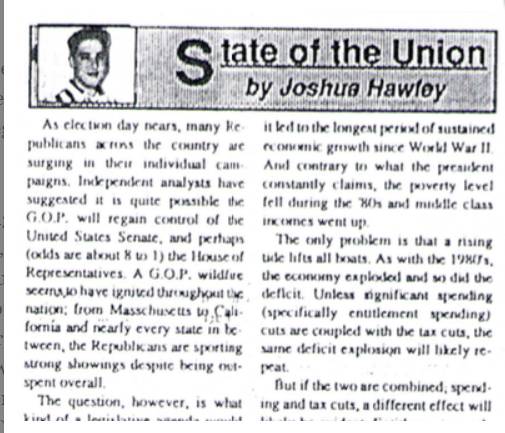
By the time he reached high-school, however, he attended an elite private high-school 60 miles away in Kansas City.
This is a piece of his history he works to erase as he builds up his counterfeit image as a rural farm boy from a small town who grew up farming.
3/

After graduating from Rockhurst High School, he attended Stanford University where he wrote for the Stanford Review--a libertarian publication founded by Peter Thiel..
4/
(Full Link: https://t.co/zixs1HazLk)
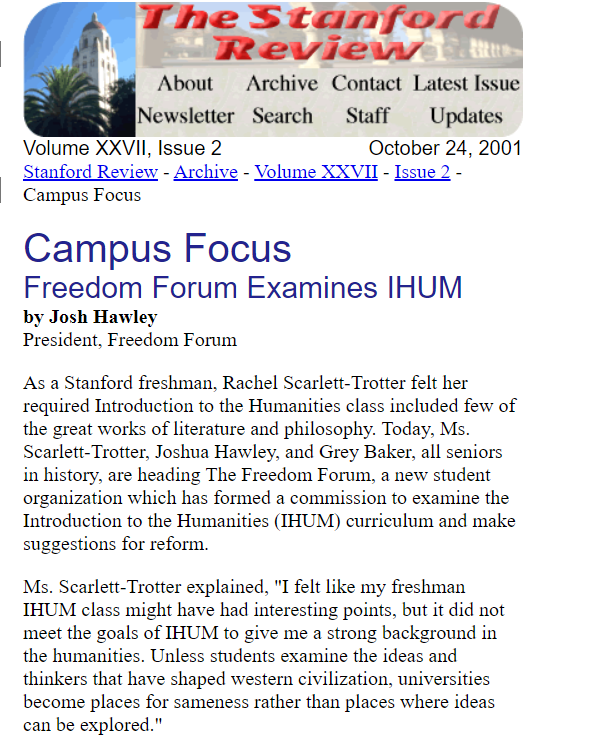
Hawley's writing during his early 20s reveals that he wished for the curriculum at Stanford and other "liberal institutions" to change and to incorporate more conservative moral values.
This led him to create the "Freedom Forum."
5/
